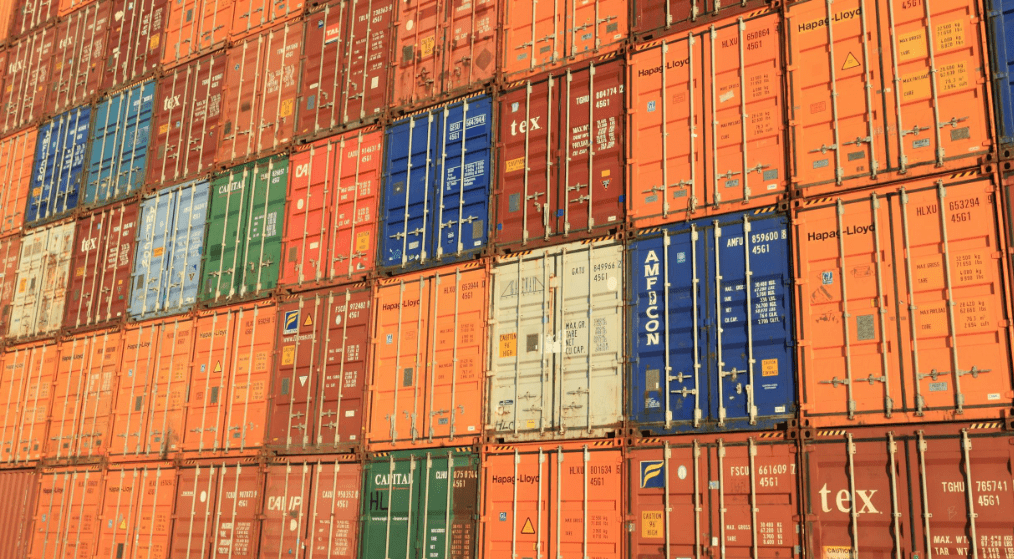State outlines measures to boost EAC trade ties

Kenya plans to eliminate several tariff barriers in a bid to boost trade relations with partner nations, support local manufacturing, and help reduce the cost of living through the affordability of essential goods.
This move is outlined in the proposed Finance Bill 2025 recently tabled before Parliament by Treasury Cabinet Secretary John Mbadi.
Among the proposals is the scrapping of a 35 per cent or Sh200 per kilogramme tariff on imported float glass from East African Community (EAC) countries, provided the imports meet regional quality standards.
Float glass is widely used in the manufacture of construction materials such as window panes, glass doors, and household fixtures like coffee tables, making it a critical input for the construction and real estate industries.
The bill also proposes the removal of a 25 per cent or Sh200 per kilogramme tariff on various self-adhesive plastic products, including printed polymers of ethylene, polymers of vinyl chloride, printed poly(ethylene terephthalate), and other plastics used in packaging and sealing.
These materials are essential in a wide range of manufacturing activities, such as producing packaging products, tapes for sealing bulk goods, and materials used in the printing industry.
By eliminating tariffs on these imports, the government hopes to lower production costs for manufacturers and encourage competitiveness in the region.
According to Kenya Private Sector Alliance (Kepsa) CEO Carole Kariuki the burden of high taxes has made it increasingly expensive to produce goods in Kenya, thereby discouraging investment and limiting the country’s competitiveness.
“We have great policies in the country and great regulations, but the greatest challenge is how they are implemented,” she noted, pointing out that production costs remain a key barrier to growth.
Poor performance
Manufacturing in Kenya has struggled in recent years. In the third quarter of 2024, the sector posted a growth rate of just 2.3 per cent, down from 2.8 per cent during the same period in 2023.
Mbadi acknowledged the sector’s poor performance during a recent appearance before the National Assembly Finance Committee, stating that more resources must be directed toward manufacturing if the country is to regain its former contribution of 7.6 per cent to the gross domestic product (GDP).
In addition to supporting manufacturers, the Finance Bill also proposes to scrap tariffs on essential food items such as imported eggs, onions, potatoes, potato crisps, and chips.
With no proposed substitutions, this move aims to ease price pressures in local markets, especially after two years of volatile supply and rising food prices.
By opening up trade and allowing more affordable imports, the government hopes to improve food security and enhance consumer welfare.
Kenya’s shift aligns with regional calls for the removal of trade barriers. As current chair of the East African Community, President William Ruto has championed deeper economic integration.
The EAC has long struggled with both tariff and non-tariff barriers, which member states initially introduced to protect local industries. However, with global market disruptions and rising tariffs from key trading partners like the US., intra-African trade is gaining renewed importance.
Kariuki noted that recent geopolitical changes are forcing African countries to reimagine trade and investment strategies.














